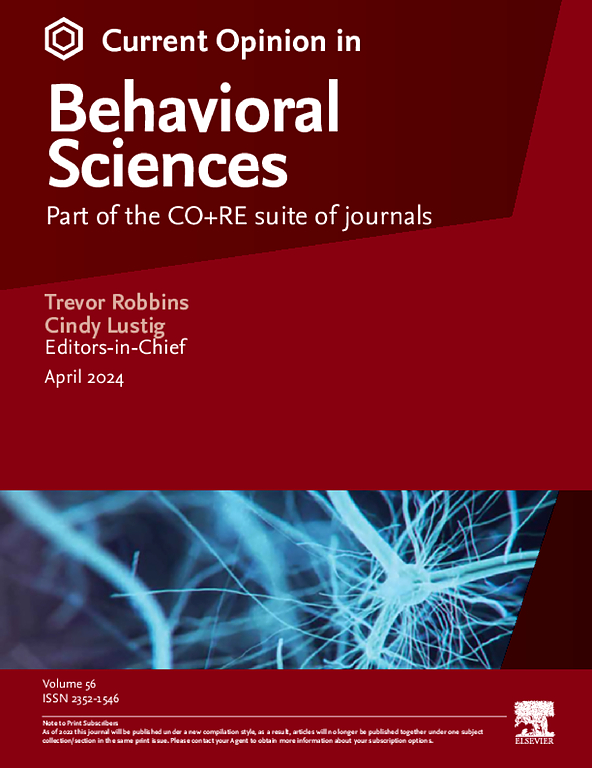A meta-analytic structural equation analysis of the Gateway Belief Model: highlighting scientific consensus increases support for public action on climate change
IF 3.5
2区 心理学
Q1 BEHAVIORAL SCIENCES
引用次数: 0
Abstract
The Gateway Belief Model (GBM) posits that correcting influential misperceptions about the scientific consensus on climate change acts as a ‘gateway’ to subsequent smaller changes in private cognitions and emotions that people hold about the issue, which, in turn, jointly predict support for public action. To date, there has been no meta-analytical assessment of the full GBM as theorized. Accordingly, we systematically reviewed the literature and leveraged advances in meta-analytic structural equation modeling (MASEM) to estimate the downstream impact of consensus messaging on public support for climate action. Based on nine studies that met the inclusion criteria (N = 12 975), we find that the GBM fits the data well and that communicating the scientific consensus has significant meta-analytic downstream effects, including increases in the belief that climate change is happening, human-caused, how much people worry about the issue, and, crucially, support for public action. We discuss implications for future research.
门户信念模型的元分析结构方程分析:强调科学共识增加了对气候变化公共行动的支持
门户信念模型(GBM)认为,纠正对气候变化科学共识的有影响力的误解是人们对这个问题的私人认知和情绪随后发生较小变化的“门户”,而这些变化反过来又共同预测对公共行动的支持。到目前为止,还没有像理论上那样对GBM进行全面的元分析评估。因此,我们系统地回顾了文献,并利用元分析结构方程模型(MASEM)的进展来估计共识信息对公众支持气候行动的下游影响。基于符合纳入标准的9项研究(N = 12975),我们发现GBM与数据吻合得很好,传达科学共识具有显著的元分析下游效应,包括人们对气候变化正在发生、人为引起、人们对该问题的担忧程度以及(至关重要的)对公共行动的支持程度的增加。我们讨论了对未来研究的影响。
本文章由计算机程序翻译,如有差异,请以英文原文为准。
求助全文
约1分钟内获得全文
求助全文
来源期刊

Current Opinion in Behavioral Sciences
Neuroscience-Cognitive Neuroscience
CiteScore
10.90
自引率
2.00%
发文量
135
期刊介绍:
Current Opinion in Behavioral Sciences is a systematic, integrative review journal that provides a unique and educational platform for updates on the expanding volume of information published in the field of behavioral sciences.
 求助内容:
求助内容: 应助结果提醒方式:
应助结果提醒方式:


